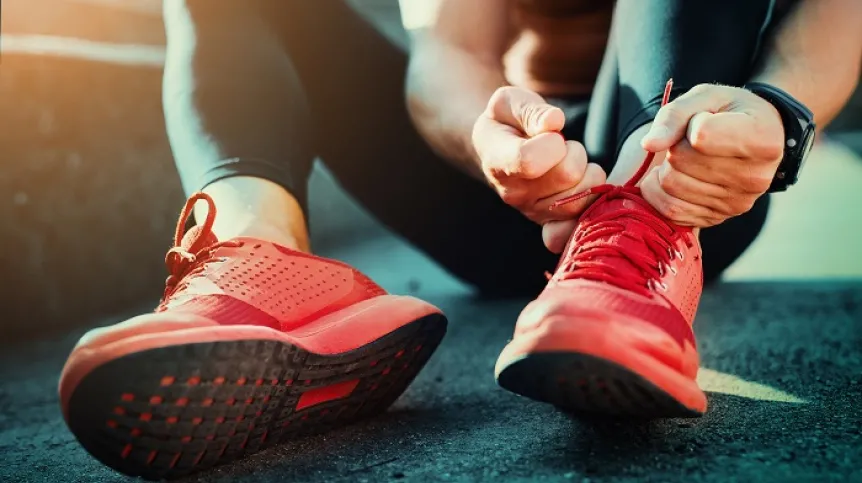
Health and personal achievement are the strongest motivations for people taking part in long-distance road races, according to research published in Social Sciences by scientists from the Medical University of Silesia.
The study surveyed 155 participants of the Poznań Marathon and Half Marathon using the Polish version of the Motivations of Marathoners Scale (MOMS). Data were collected online and analyzed by gender, education, residence, and BMI.
Researchers found clear differences between genders, with women more often pointing to health and weight management, while men highlighted competition.
Education and place of residence showed no significant impact on motivation. But body mass index (BMI) correlated only with weight control and that individuals with a higher BMI more often declared a desire to lose weight as their main reason for running.
“The strongest motivations for running are care for health and achieving personal goals. Social recognition and the need for belonging are the lowest in the list of motivations,” the authors wrote. “The results show that for most participants, running is a rather personal than social activity.”
The researchers also stressed that running contributes to broader benefits beyond individual fitness. “Regular running in urban spaces is not only an investment in personal health but also a part of a sustainable lifestyle. This activity enlivens public spaces, promotes ecological mobility, and fosters the integration of local communities,” they said.
They added that the conclusions could guide health and urban policy: “The promotion of running should be diverse. For women, health and weight management aspects may be more important, while for men, the competitive part matters more. Creating safe infrastructure: running paths, parks, and green corridors in cities is also important,” the report said.
The research was carried out by Professor Mateusz Rozmiarek of the Poznań University of Physical Education and Mateusz Grajek, PhD, of the Medical University of Silesia in Katowice. (PAP)
jms/ bar/
tr. RL













